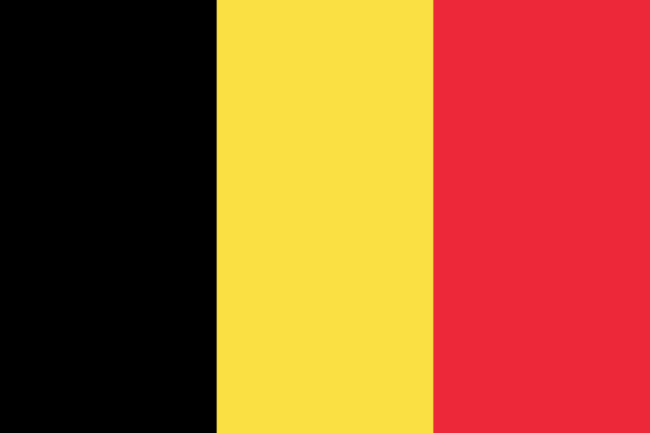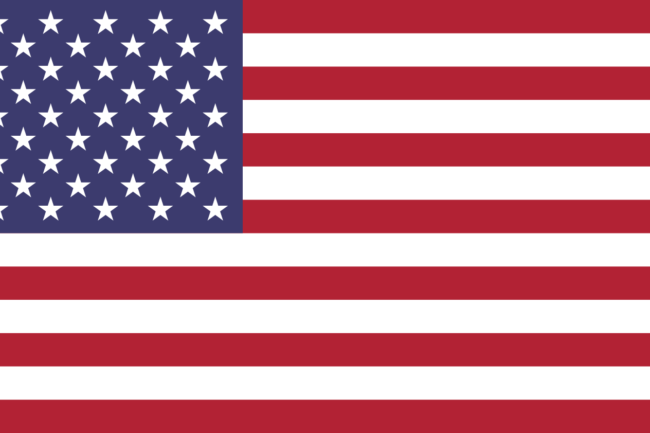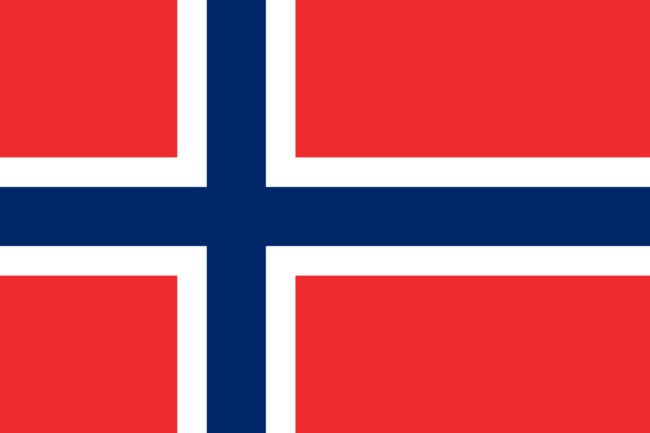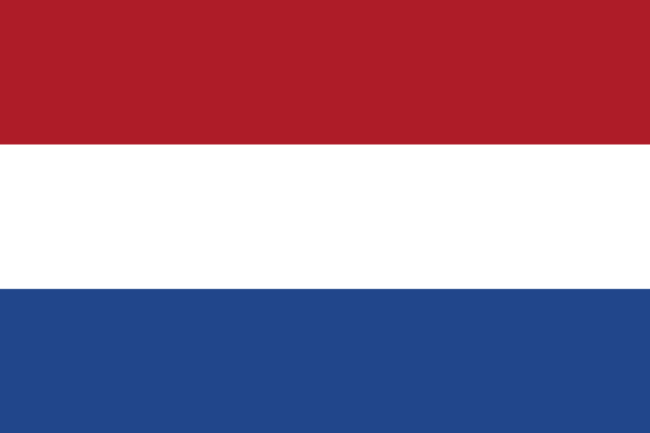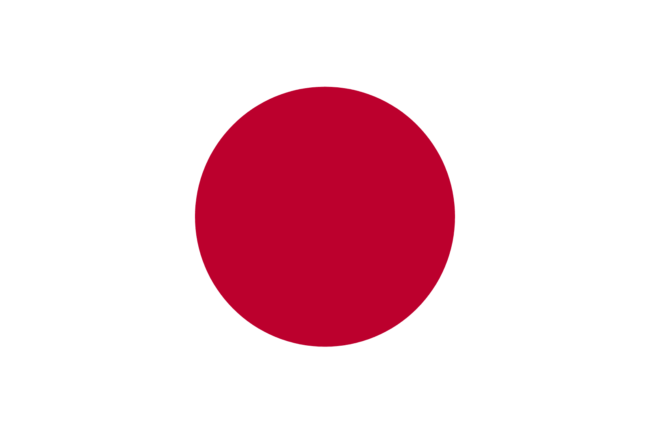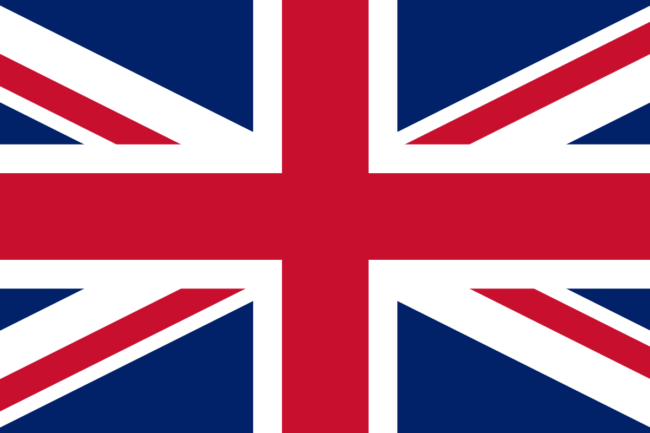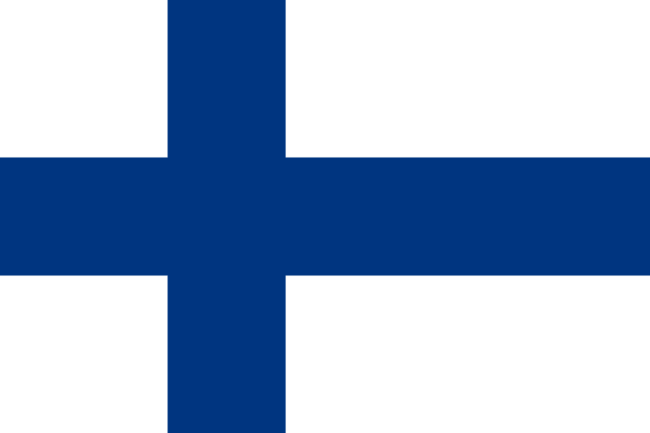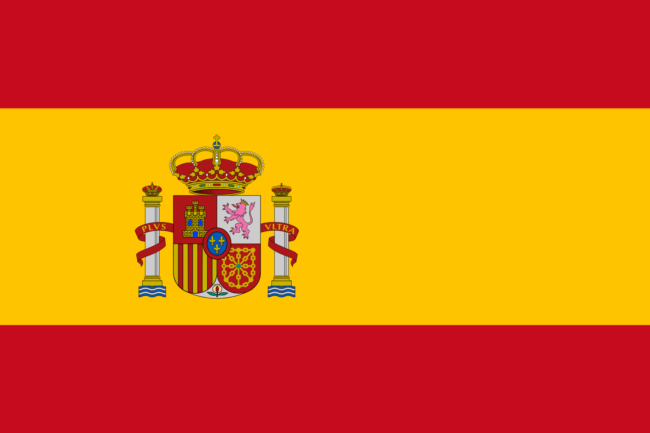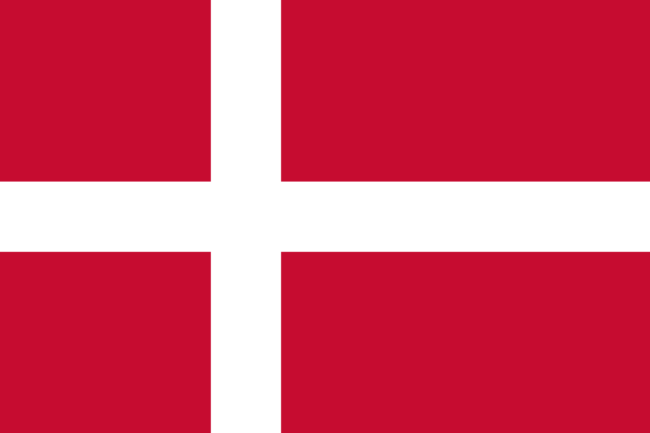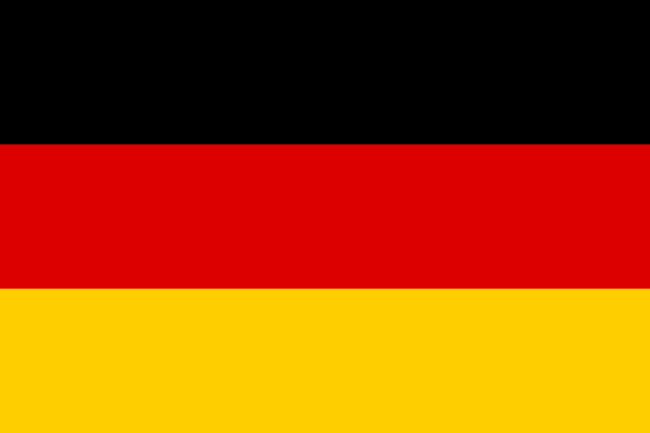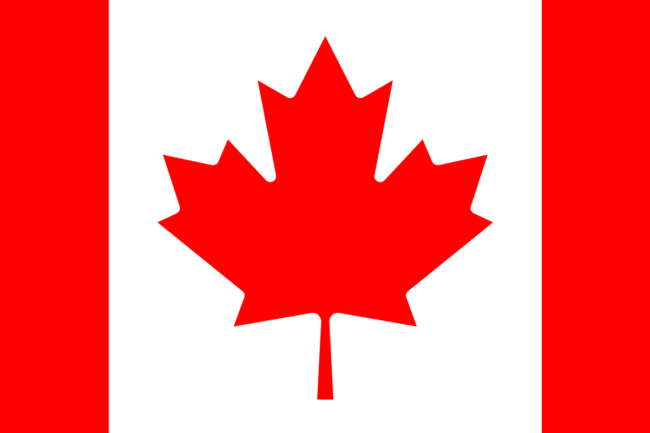About Task 46
Leading-edge erosion (LEE) has been identified as the main factor substantially reducing both blade lifetime and energy output over time. Field repairs are costly due to lost availability and challenging access and weather conditions. It is crucial to understand the impact of leading-edge erosion on the performance of wind plants to be able to determine the cost/benefit of proposed mitigation strategies.
In this context, Task 46 has been formed by experts from different disciplines to work together to achieve a better understanding of the key technical challenges in blade erosion. The Task will produce literature surveys, topical reports, recommended practices, and models.
The Task 46 scope is aligned to two research priorities established by IEA TCP Wind: site characterization and advanced technology.
Task 46 Roadmap
Kick-off meeting
First Deliverable D2.1
First outreach webinar (Q2)
Deliverables D2.2, D2.3, D2.4, D4.2, D5.1.1, D5.2.1
Outreach webinar (Q2)
Deliverables D2.5, D2.6, D3.3, D4.3, D4.4
Outreach webinar (Q2)
Deliverables D2.7, D4.6, D5.1.1, D5.1.2
Final outreach webinar & dissemination event (Q1)
Deliverables D2.8, D3.5, D4.7, D4.8 D5.3
Participation
Who can participate in Task 46?
To participate in the research activities of Task 46, researchers must reside in a country that participates in the IEA Wind Agreement AND has agreed by official letter to participate in Task 46. The participating member country of the IEA Wind TCP must designate a lead institution that agrees to the obligations of Task participation (pay the annual fee and agree to perform specified parts of the work plan).
Active researchers (performing part of the work plan) benefit from meetings and professional exchange during the term of the Task. Countries participating in the Task benefit from the information developed by the Task. The value of the research performed is many times the cost of the country participation fee or the labor contributed to carrying out the work plan.
For more information, contact the Operating Agent Charlotte Bay Hasager or the IEA Wind Secretariat.
Operating Agent
Please contact the Operating Agent below with any questions
What are IEA Wind Tasks?
The IEA Wind Technology Collaboration Programme’s (TCP) cooperative efforts continue to advance the technological development and global deployment of wind energy technology. The IEA Wind TCP is a vehicle for member countries to exchange information on the planning and execution of national large-scale wind system projects, and to undertake co-operative research and development (R&D) projects called Tasks.
Operating Agent Charlotte Bay Hasager
Professor, Department of Wind and Energy Systems
cbha@dtu.dk
DTU Wind and Energy Systems
DTU Wind and Energy Systems
Frederiksborgvej 399
4000 Roskilde
Denmark
